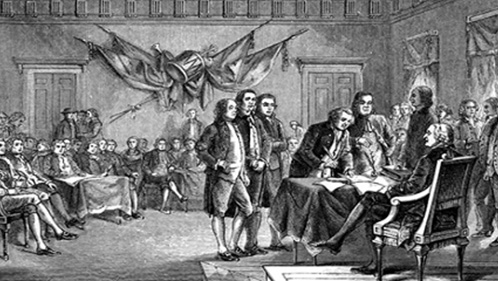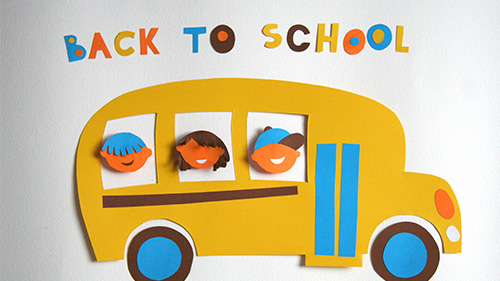10 Tips For First-Year Teachers
This will be my 12th year teaching high school ELA, and you could say I’ve learned a few things that I wished I knew going into year one. One thing...
AP & Honors Mathematics
Explore Wiley titles to support both AP and Honors mathematics instruction.
Literacy Skills & Intensive Reading
Connections: Reading – Grades 6–12
Empower student success with a proven intensive reading program that develops strong reading skills in striving readers.
Drama, Speech & Debate
Basic Drama Projects 10th Edition
Build students’ confidence and competence with comprehensive, project-based theatre instruction.
Literature
Connections: Literature
Support learners as they study dynamic, relevant texts and bring the richness of diverse voices to students through literature.
Literature & Thought
Develop critical thinking, reading, and writing across literacy themes, genres, historical eras, and current events.
Language Arts
Vocabu-Lit® – Grades 6–12
Help students build word power using high-quality contemporary and classic literature, nonfiction, essays, and more.
Connections: Writing & Language
Help students develop grammar, usage, mechanics, vocabulary, spelling, and writing and editing skills.
Reading/English Language Arts
Measuring Up to the English Language Arts Standards
Incorporate standards-driven teaching strategies to complement your ELA curriculum.
English Language Learners
Measuring Up for English Language Learners
Incorporate research-based best practices for ELLs with an approach that includes a focus on language acquisition strategies.
Mathematics
Measuring Up to the Mathematics Standards
Incorporate standards-driven teaching strategies to complement your mathematics curriculum.
Foundations
Measuring Up Foundations
Help students master foundational math skills that are critical for students to find academic success.
Science
Measuring Up to the Next Generation Science Standards
Give students comprehensive NGSS coverage while targeting instruction and providing rigorous standards practice.
Assessment
Measuring Up Live
Deliver innovative assessment and practice technology designed to offer data-driven instructional support.
For a better website experience, please confirm you are in:
2 min read
Jennifer Epping Aug 14, 2024 2:34:29 PM

Here’s my one caveat, if you’re bothered by a lot and expect quiet student perfection, this might not be the classroom management plan for you. But if you want to share a mutually-owned space with students who crave independence, yet want help through tough tasks, this might help you start your school year off with your patience intact.
Here is what has worked for me for twelve years of teaching high school ELA. The difference between teaching freshman English through senior English is the amount of repetitive training these procedures take and the power of your consistency up front.
This isn’t foolproof. There are some class periods where I have to remind them longer or a few students forget to pick up materials, but for the most part, it’s eliminated my frustration over common sense lapse in teenage classroom behaviors and kept my patience. Take what works for you, try some out, or modify as appropriate. Good luck!

This will be my 12th year teaching high school ELA, and you could say I’ve learned a few things that I wished I knew going into year one. One thing...

An exit ticket can be an effective way to determine if students are understanding what they are being taught. They provide immediate feedback, while...

Toward the latter half of my son’s junior year in high school (he’s a junior in college now), I went with him to the meetings set up by the...

With schools thrust into online education models, it is more important than ever to ensure the proper support is in place for all students. How can...

Even though it feels like the whirlwind of the school year just ended, it’s never too early to start thinking through what you want your course to...
.jpg)
Do you need some ideas and/or extra support to organize your AP® European History course? Join Lou Gallo as he shares ideas on organizing your course...

Do you need some ideas and/or extra support to organize your AP® United States History course? Join Lou Gallo as he shares ideas on how to organize...

What happens when we stop seeing language diversity as a barrier and start embracing it as our greatest classroom asset?

School leaders in today’s educational environment recognize that the school year does not begin on the first day of classes. It starts with careful...

Walk into a middle school classroom during a lively literature circle and you’ll hear questions, laughter, debate, and—most important—learners...

December always asks a lot of us.

“The December spiral … prevents us from seeing the slow, meaningful gains our students are actually making.”
